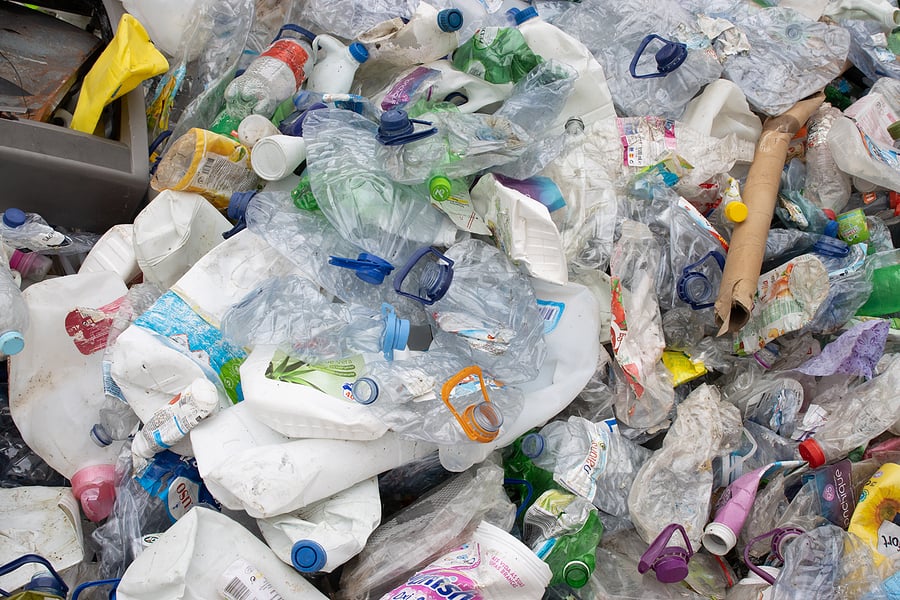Beat Plastic Pollution on World Environment Day
Plastic has long been a health concern, and we are all trying to use less of it.
We are creating twice as much plastic waste as 20 years ago, according to The Organisation for Economic Co-operation and Development (OECD), with the majority of it ending up in landfill, incinerated or leaking into the environment.
World Environment Day 2023 is a reminder that people’s actions on plastic pollution matters.
The steps governments and businesses are taking to tackle plastic pollution are the consequence of this action.
It is time to accelerate this action and transition to a circular economy.
It is time to #BeatPlasticPollution.
Plastic pollution has emerged as one of the most pressing environmental challenges of our time. From oceans to landfills, plastic waste is pervasive and detrimental to ecosystems, wildlife, and human health. In response, the 2023 World Environment Day campaign, #BeatPlasticPollution, urges individuals, communities, and nations to come together and implement global solutions to combat this crisis. This informative feature highlights the gravity of plastic pollution and presents actionable steps we should take to tackle it effectively.
Understanding the Problem: Plastic pollution poses a severe threat to our planet. Each year, approximately 8 million metric tons of plastic enter our oceans, endangering marine life and ecosystems. Plastics take hundreds of years to decompose, persisting in the environment and breaking down into microplastics that contaminate water sources, soil, and even the air we breathe. Moreover, plastic consumption and production contribute to greenhouse gas emissions and exacerbate climate change.

Taking Action:
Reducing Single-Use Plastics
One of the most effective ways to combat plastic pollution is by minimising the use of single-use plastics. Governments, businesses, and individuals should actively promote the adoption of sustainable alternatives such as reusable bags, bottles, and containers. Encouraging the use of biodegradable or compostable materials can also help reduce the long-term environmental impact of plastics.

Enhancing Recycling Infrastructure
Developing and improving recycling systems is crucial to reduce plastic waste. Governments should invest in efficient waste management infrastructure, including collection, sorting, and recycling facilities. Simultaneously, individuals must be educated on proper recycling practices and encouraged to segregate their waste to ensure maximum recycling rates.
Promoting Extended Producer Responsibility (EPR)
EPR is a policy approach that holds manufacturers accountable for the entire lifecycle of their products, including proper disposal and recycling. Governments should enforce EPR regulations, incentivise eco-design and encourage the development of more sustainable packaging materials. By placing the responsibility on manufacturers, EPR fosters innovation and reduces plastic waste at its source.
Encouraging Innovation and Research
Governments, industries, and research institutions should collaborate to develop innovative solutions to plastic pollution. This includes investing in research for alternative materials, sustainable packaging, and technologies to remove plastic waste from oceans and waterways. Supporting startups and initiatives focused on plastic waste reduction can yield groundbreaking results.
Raising Awareness and Education
Effective communication and education are vital to foster behavior change. Governments, NGOs, and educational institutions must raise awareness about the consequences of plastic pollution and the importance of sustainable practices. By educating individuals about the impact of their choices and providing them with actionable steps, we can empower a global movement against plastic pollution.
Strengthening International Cooperation
Plastic pollution knows no boundaries, and combating it requires international collaboration. Governments, NGOs, and industry leaders must work together to establish and enforce global agreements and regulations. Sharing best practices, technology, and expertise can help address plastic pollution on a global scale.
Plastic pollution demands urgent and concerted action from individuals, communities, and nations. By reducing single-use plastics, enhancing recycling infrastructure, promoting extended producer responsibility, fostering innovation, raising awareness, and strengthening international cooperation, we can make significant strides towards beating plastic pollution.
Let the 2023 World Environment Day campaign, #BeatPlasticPollution, serve as a catalyst for change, inspiring us all to adopt sustainable practices and protect our planet for future generations.




















